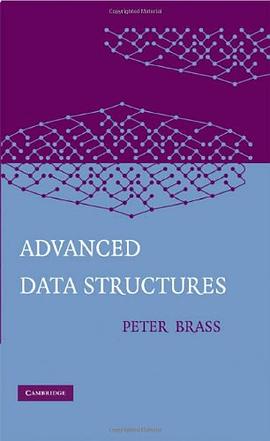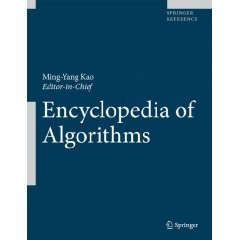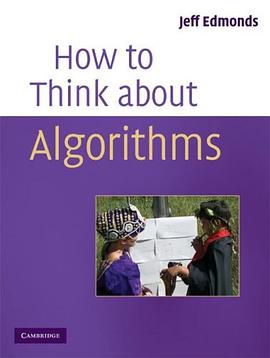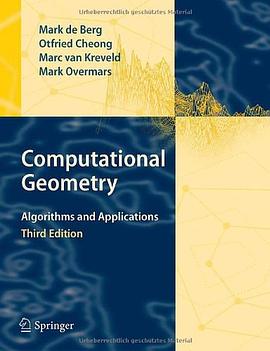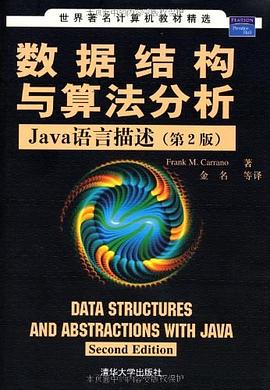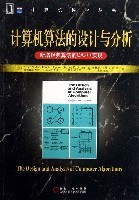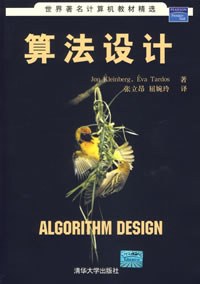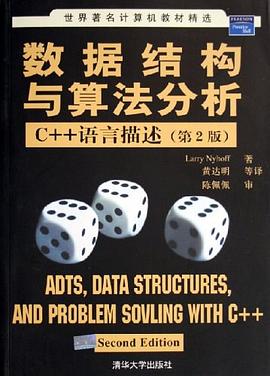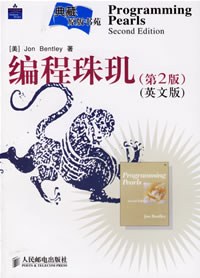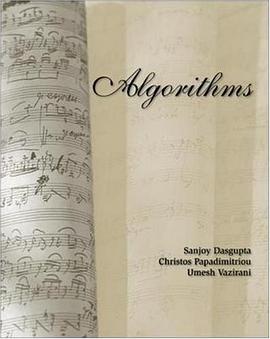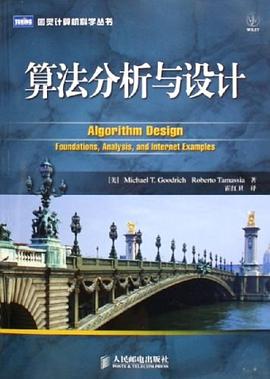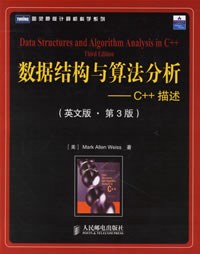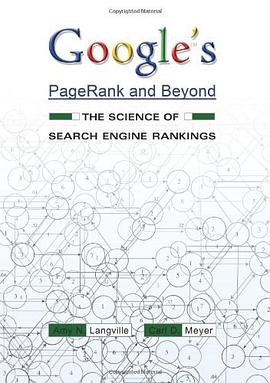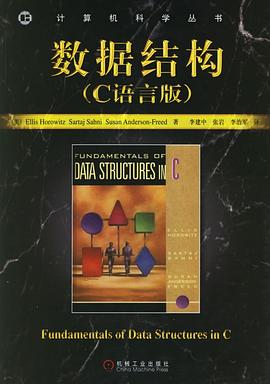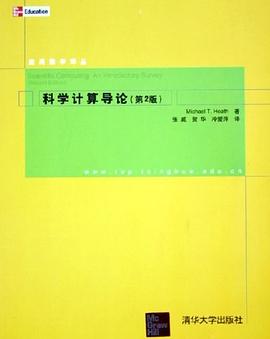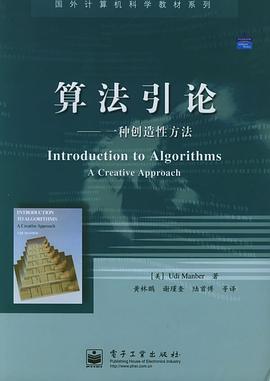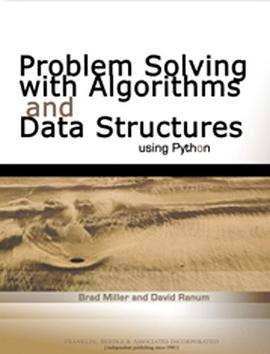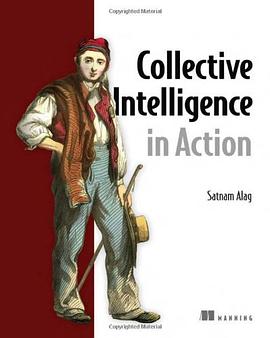

具體描述
"The first chapter is free (http://www.manning-source.com/books/alag/alag_meapch1.pdf) and so is the source code used in the book (http://www.manning-source.com/books/alag/CIiA-src.zip).
The book is for Java developers who want to implement “Collective Intelligence” applications in Java. It tells us about extracting and applying data from blogs, wikis and social network applications. People who read this blog know that I am not one to praise, but this book succeeds brilliantly. If you are a Java engineer and work with Web technologies, you must get this book. It covers topics such as computing similarity measures using vector models, Naïve Bayes Classifiers, inverse document frequency (idf), Machine Learning (using the Weka API), building a crawler with regular expressions, collaborative filtering (with links to open source tools), and so on.
Even if you do not work with Java, if you care for high-end Web applications, this book is for you. It reminds me of Lyon’s Java Digital Signal Processing book. It offers the gist of what academia knows, but focuses on what people (engineers and researchers) do in practice.
The book is not meant for academia however. There are references, but no theorem."
-- by Daniel Lemire http://feeds.feedburner.com/~r/daniel-lemire/atom/~3/304207263/
用戶評價
##Great book.
評分RECS推薦
評分##看完對web2.0有瞭清晰地認識,不錯。。。
評分##Great book.
評分##不如另一本
評分##java為主,CI也是炒個概念,主要還是BI
評分RECS推薦
評分##看完對web2.0有瞭清晰地認識,不錯。。。
評分##這本書 廢話過多. 代碼是不少, 好多Lucene分詞的概念 作者死要解釋 並實現...難道作者不知道lucene分詞嗎?
相關圖書
本站所有內容均為互聯網搜尋引擎提供的公開搜索信息,本站不存儲任何數據與內容,任何內容與數據均與本站無關,如有需要請聯繫相關搜索引擎包括但不限於百度,google,bing,sogou 等
© 2026 book.teaonline.club All Rights Reserved. 圖書大百科 版權所有


